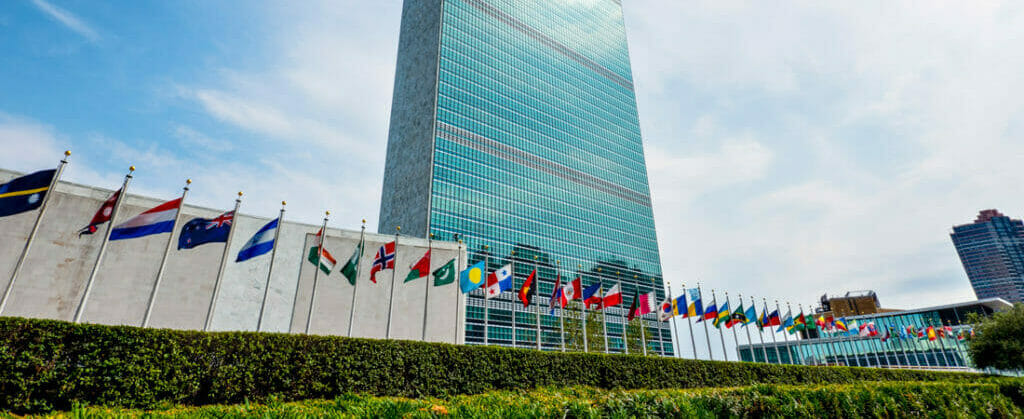Strengthening the coordination of emergency humanitarian assistance by the United Nations focuses on enhancing the punctuality and effectiveness of global responses to humanitarian crises. With the increasing frequency of natural disasters, armed conflicts, and global health crises, there is a heightened emphasis on prioritizing coordination and delivering relief efforts to affected populations in a timely manner. To ensure rapid response in such crises, the United Nations has established frameworks to support the implementation of these measures, including the establishment of funds such as the United Nations Central Emergency Response Fund (CERF), which enables humanitarian responders to provide life-saving assistance to affected populations during crises such as natural disasters and armed conflicts.
Furthermore, agencies such as OCHA, UNHCR, UNICEF, WFP, WHO, UNDP, and ECOSOC have contributed significantly to coordinating humanitarian assistance for 3 million people every year across 83 different countries. However, the United Nations has faced many challenges in achieving these goals. For example, the 2010 Haiti Earthquake highlighted issues such as lack of coordination, resulting in overlapping efforts, misallocation of resources, and delayed delivery of aid. Other challenges, such as limited use of technology and data, inadequate local capacity building, and lack of communication between relief and government organizations, have also hampered past relief efforts.
Despite these challenges, the United Nations has taken significant steps to mitigate such issues by utilizing more advanced technology and well-rehearsed responses and protocols for crisis management. This allows for prioritizing the development of enhanced warning systems, strengthening humanitarian financing, improving communication systems, integrating disaster risk reduction, and promoting inclusive and equitable assistance. The United Nations’ focus on integral cooperation in this area is crucial for mitigating the impact on disaster-affected populations, as any disruptions in this system could occur at the expense of human lives. With 14 percent of the world’s population affected by war and 86,000 lives lost due to natural disasters in 2023 alone, the need for effective humanitarian assistance continues to grow alongside increasing humanitarian crises such as armed conflicts, poverty, and global warming.
To help diminish these issues, the United Nations takes on the responsibility of mobilizing and optimally and promptly allocating emergency assistance, often working alongside governments, NGOs, and international organizations to coordinate these responses. This topic also seeks to shed light on the importance of protecting affected groups and ensuring that the humanitarian principles of neutrality, impartiality, and independence are upheld.


